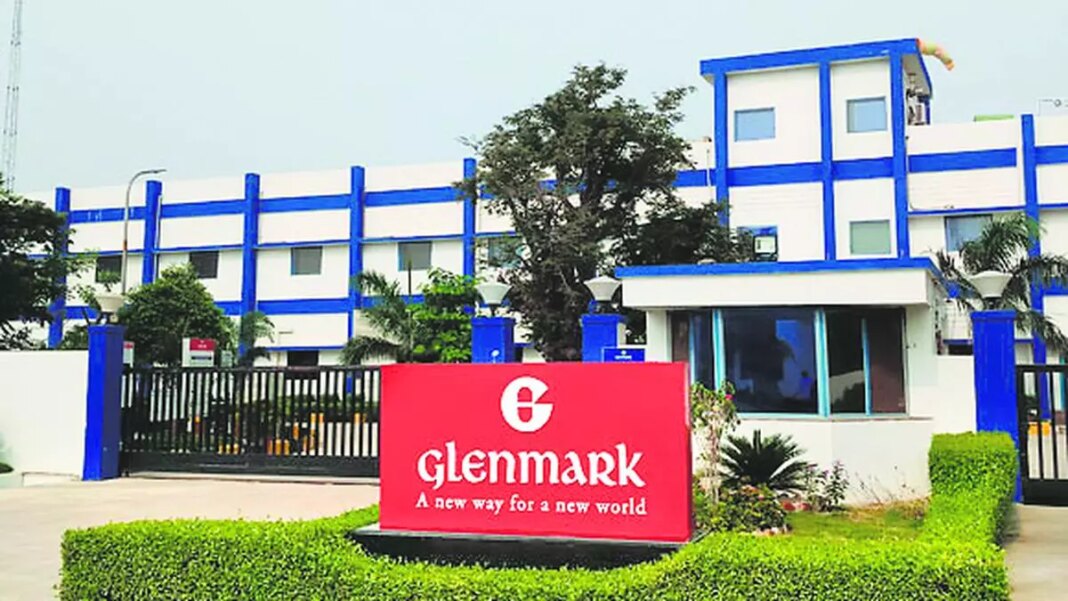In Short:
Glenmark Pharmaceuticals is recalling 6,528 bottles of a high blood pressure medication in the US market due to failed dissolution specifications, as reported by the US health regulator. The affected lot of Diltiazem Hydrochloride extended-release capsules was made in India and is being recalled by the New Jersey-based company. The recall was initiated due to a failed dissolution test in a stability study. India is a major supplier of generic medicines globally, with many products shipped to countries like Japan, Australia, Western Europe, and the US.
Recall of High Blood Pressure Medication by Glenmark Pharmaceuticals
Glenmark Pharmaceuticals, a leading drug firm based in Mumbai, is recalling 6,528 bottles of a medication used to treat high blood pressure in the American market. This recall is due to failed dissolution specifications, as reported by the US health regulator.
Details of the Recall
The affected lot of Diltiazem Hydrochloride extended-release capsules, produced in India, is being recalled by the US-based arm of Glenmark Pharmaceuticals Inc, located in New Jersey. The recall was initiated after an Out of Specification (OOS) result was reported in a test of dissolution at the 12th month time point in a long-term stability study.
Glenmark Pharmaceuticals initiated a Class II recall of the drug across the US on March 26 this year. According to the USFDA, a Class II recall is necessary when the use of a violative product may cause temporary or medically reversible adverse health consequences.
Impact of the Recall
India, being the largest supplier of generic medicines globally, manufactures around 60,000 different generic brands across 60 therapeutic categories. Products from India are shipped to over 200 countries, including Japan, Australia, West Europe, and the US.
India also boasts the highest number of USFDA-compliant companies with plants outside of the US, ensuring high-quality standards in pharmaceutical manufacturing.
For more information, you can also read about Glenmark Pharmaceuticals Q3 revenue drop by 16%





